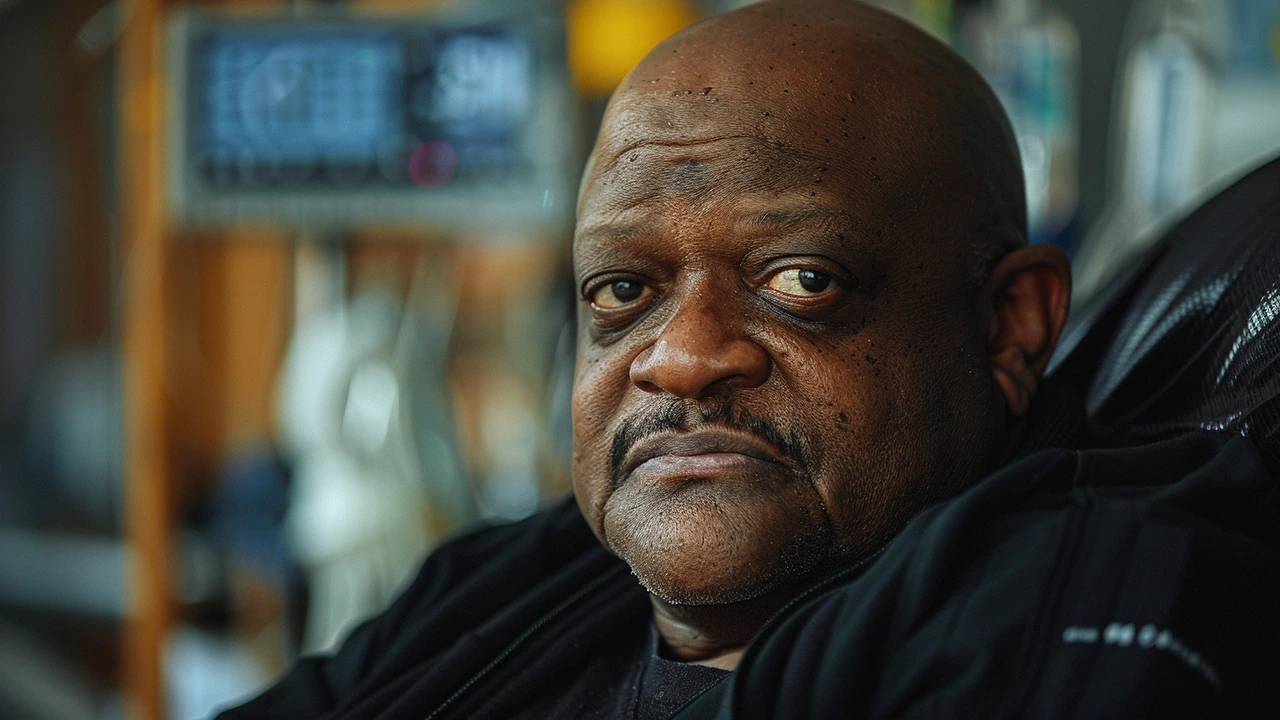Pig-to-Human Transplant: A New Hope in Organ Transplants
Organ transplantation has long been a lifesaver for patients with failing organs, but the shortage of human donors limits many lives. That's where pig-to-human transplant comes into play—a promising solution that could change how we approach organ shortages.
In simple terms, pig-to-human transplant, also called xenotransplantation, involves using organs from genetically modified pigs as replacements in humans. Why pigs? Because their organ size and function closely match humans, making them the best candidates for these procedures.
How Does Pig-to-Human Transplant Work?
Scientists modify pig genes to reduce the chance of rejection by the human immune system. These genetic tweaks make pig organs more compatible for human recipients. After modification, the organs can be transplanted into patients who urgently need them, offering a new lease on life when human organs aren’t available.
The process isn’t entirely risk-free or straightforward. Doctors have to carefully monitor the recipient for signs of rejection and manage immune responses. Still, early cases have shown success with careful medical management, bringing hope to many.
What Does This Mean for Patients and Healthcare?
If pig-to-human transplants become more common, it could shorten waiting times dramatically. Instead of waiting years for a donor organ, patients might have quicker access to life-saving transplants. Hospitals could also reduce the strain on transplant lists and improve overall patient outcomes.
However, ethical questions and regulatory approvals are alive in the conversation, as with any new medical innovation. People wonder about animal rights, long-term safety, and how this technology will be managed globally. But the potential to save thousands of lives keeps the medical community moving forward.
In the coming years, expect more developments and clinical trials as scientists refine this technique. For anyone following organ transplant news, pig-to-human transplants represent a huge step toward beating organ shortages and bringing hope to patients worldwide.
Patient Dies Following World's First Pig-to-Human Kidney Transplant
Richard Slayman, a 62-year-old man, tragically passed away weeks after receiving the world's first pig-to-human kidney transplant at Massachusetts General Hospital. The family has no indication that his death was directly linked to the transplant.
Julian Parsons | May, 13 2024 Read More
